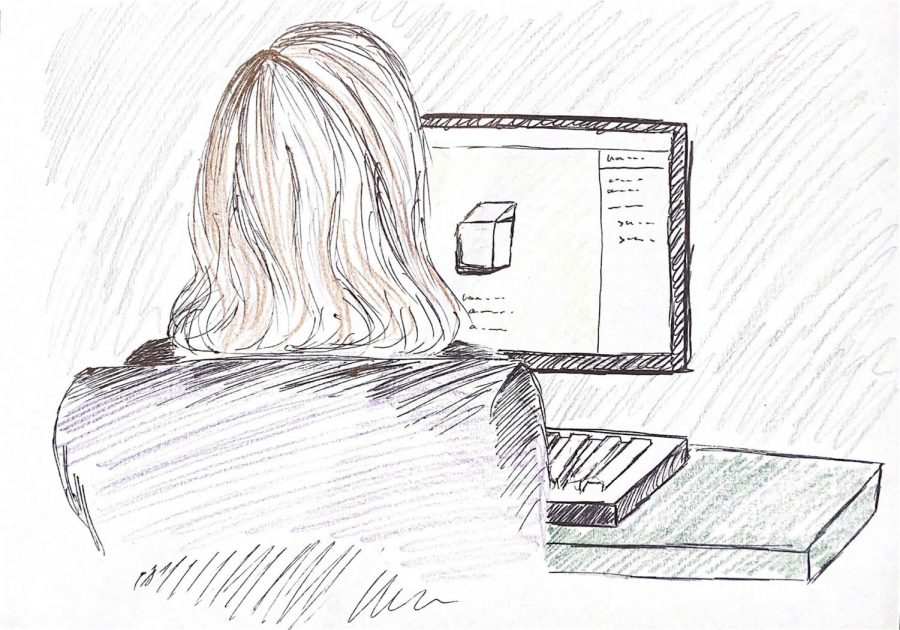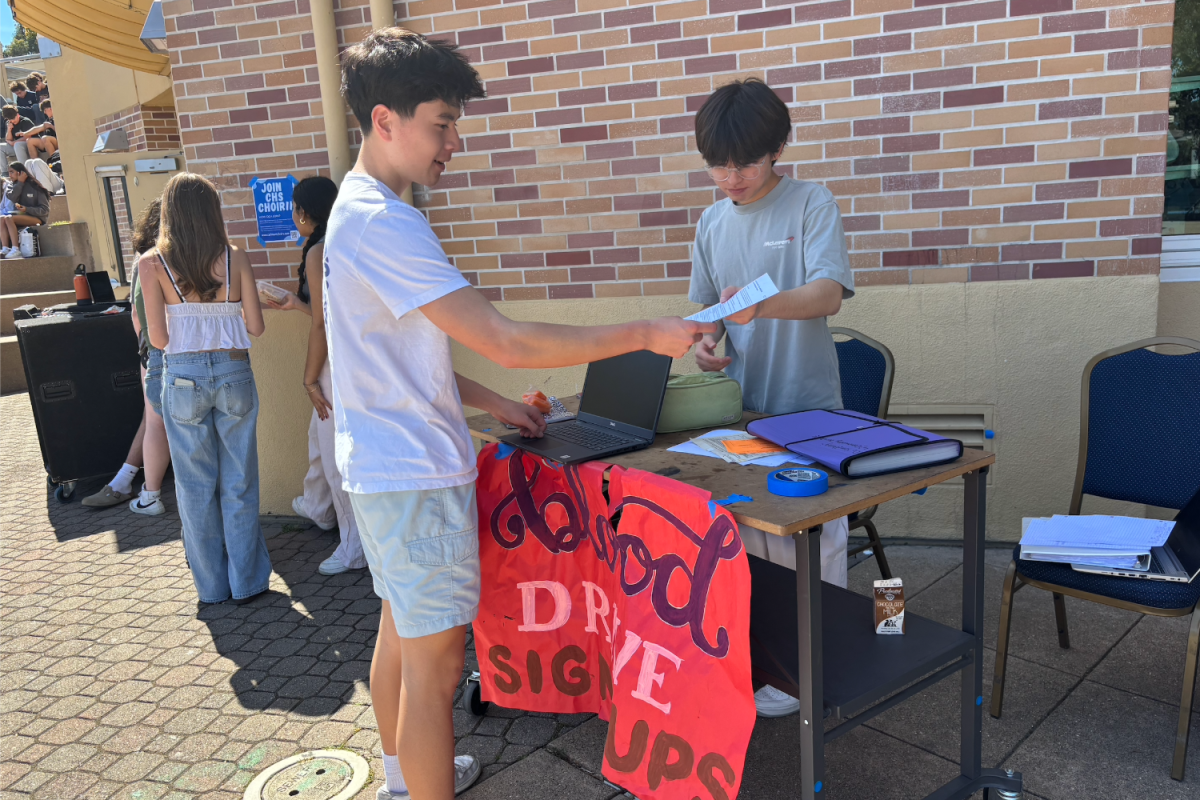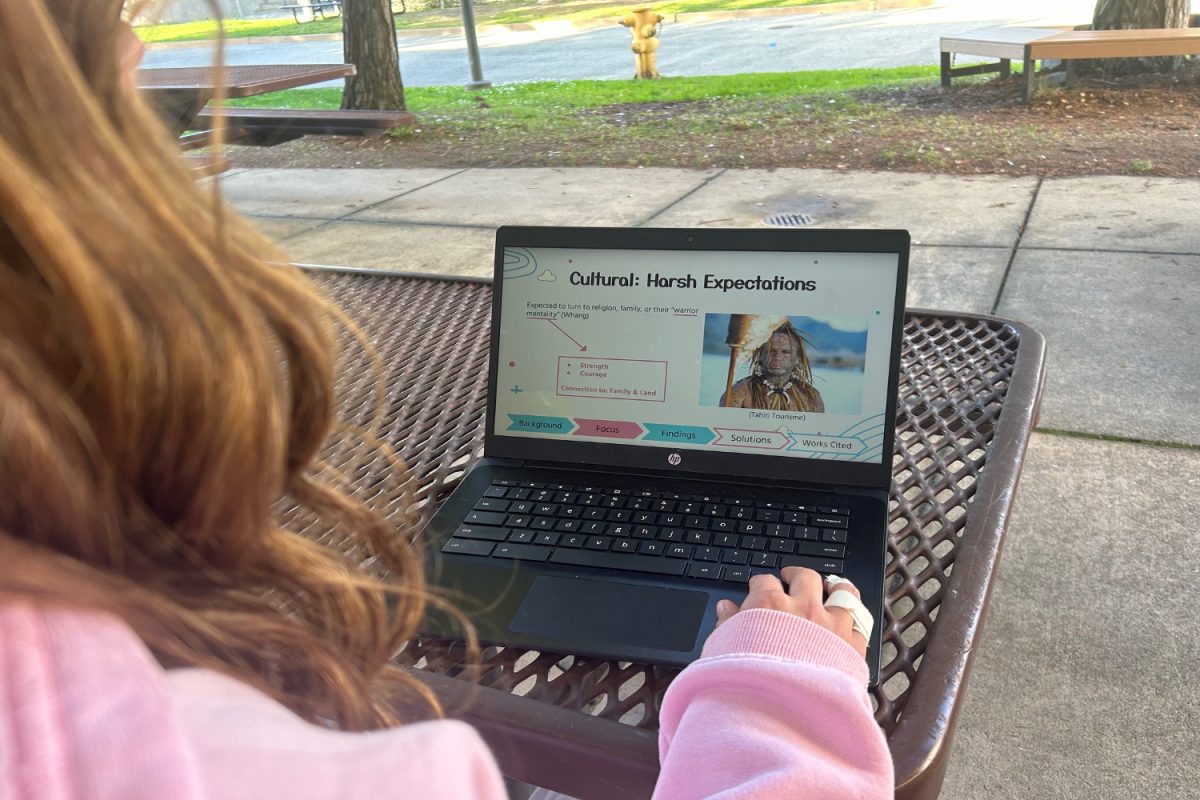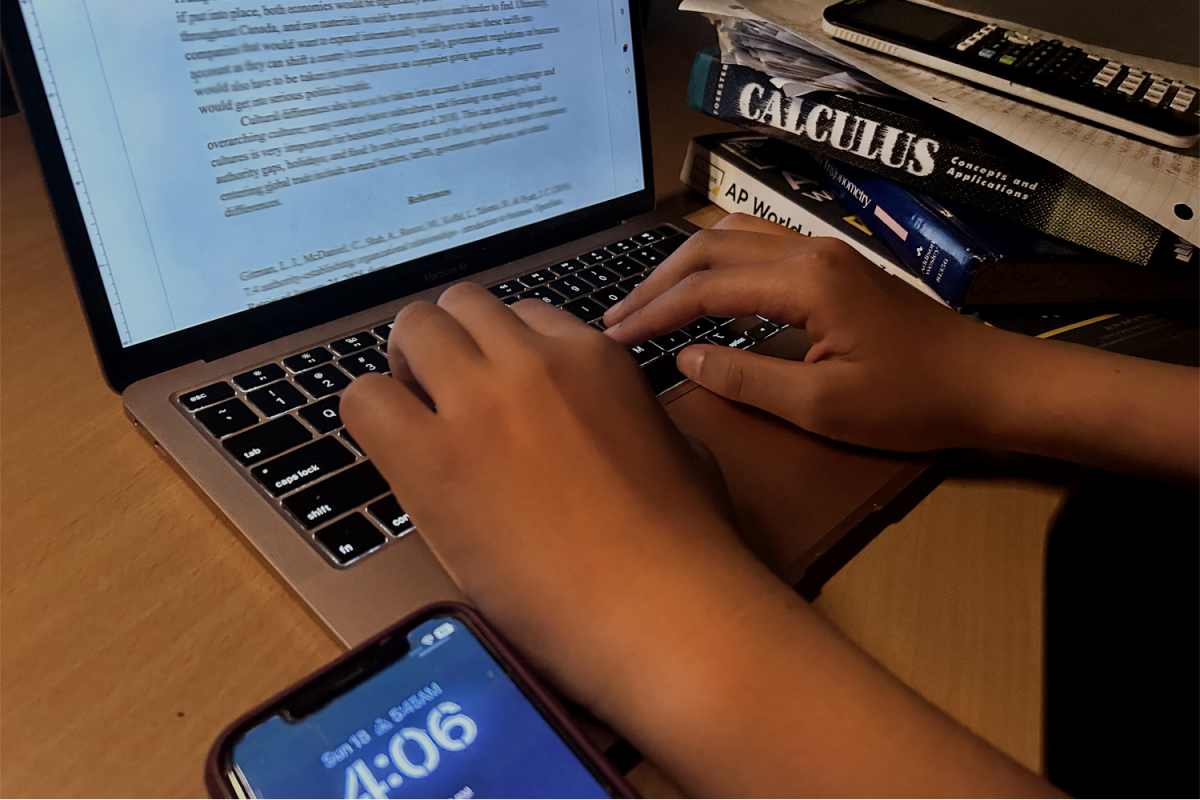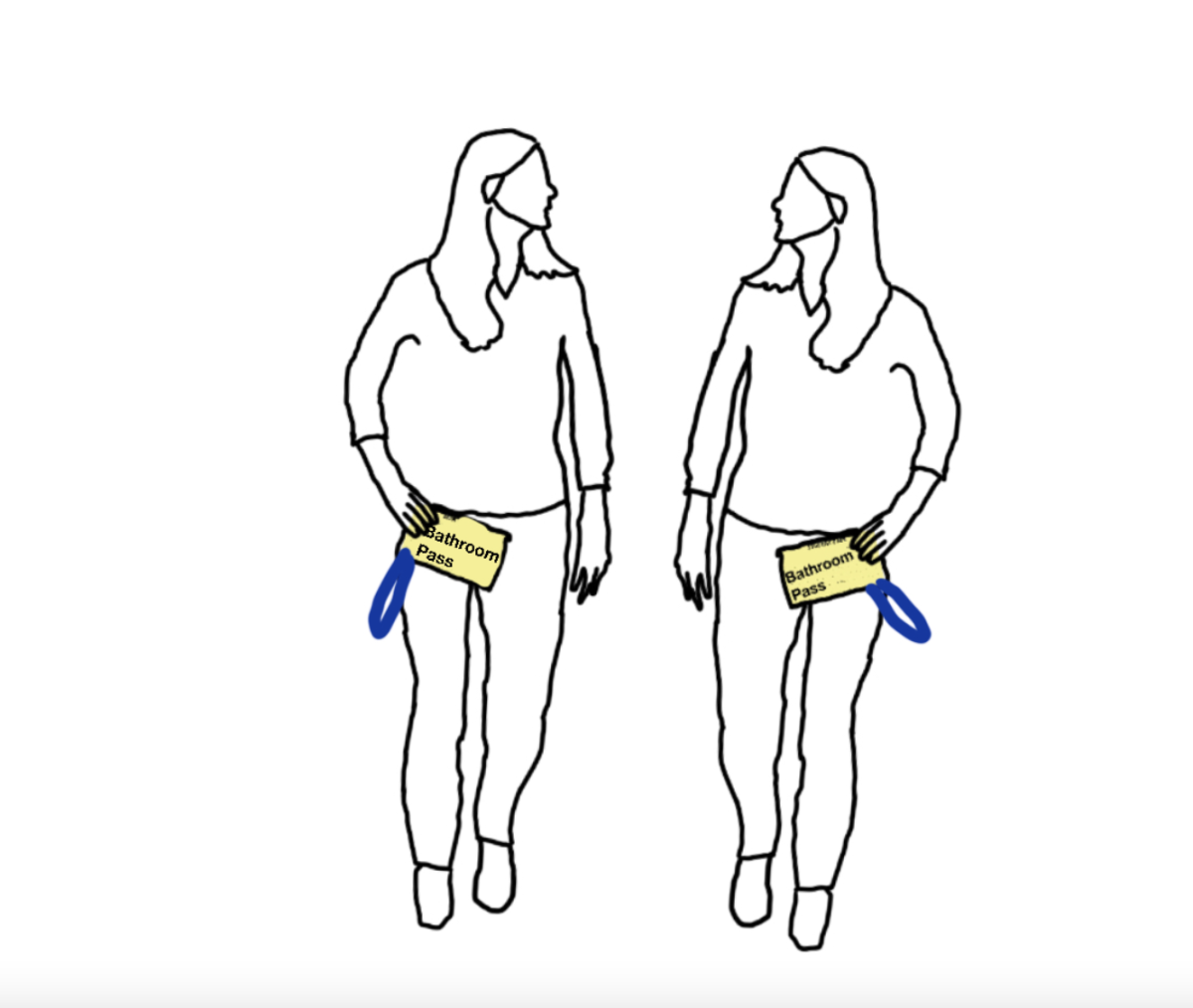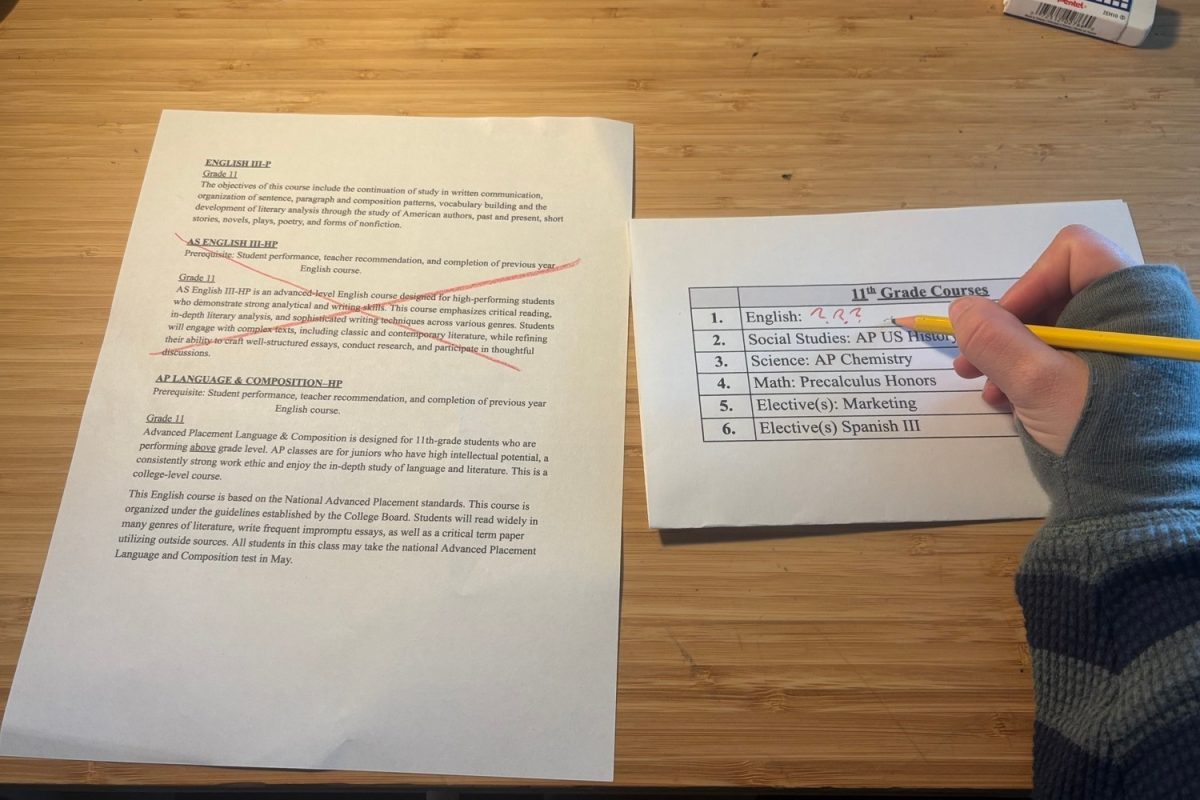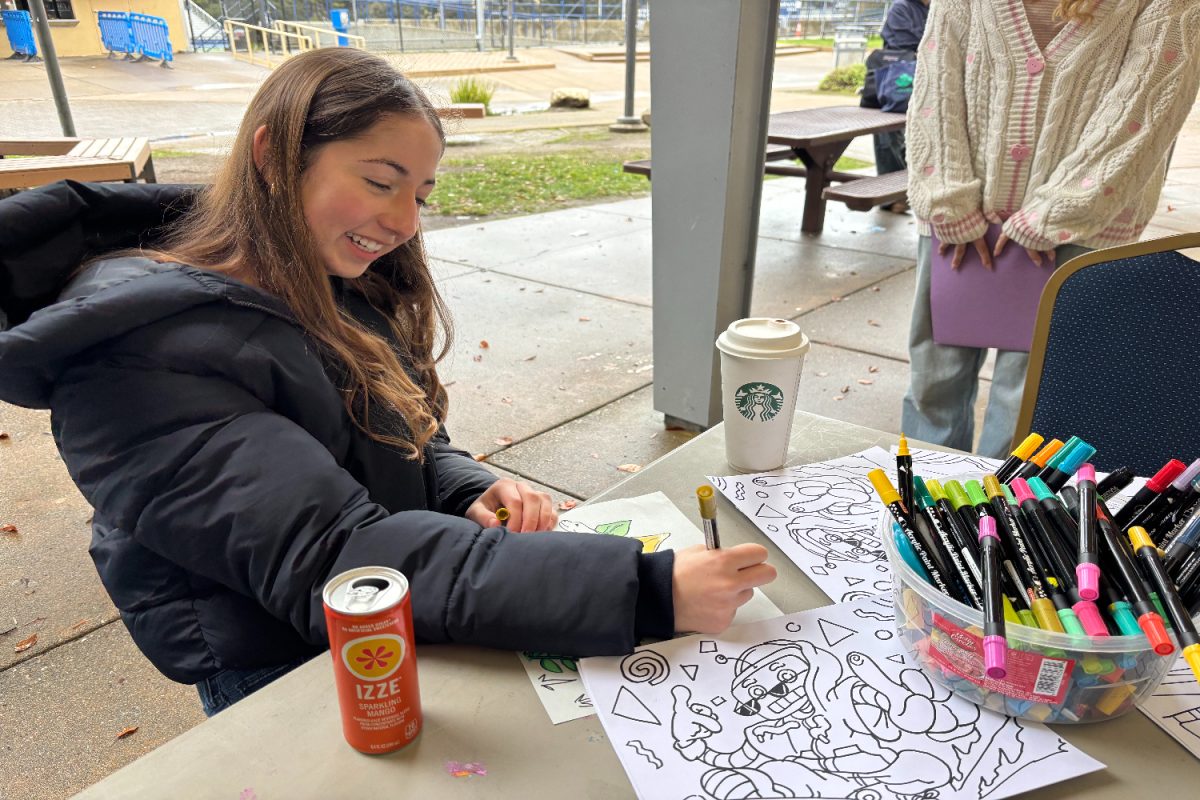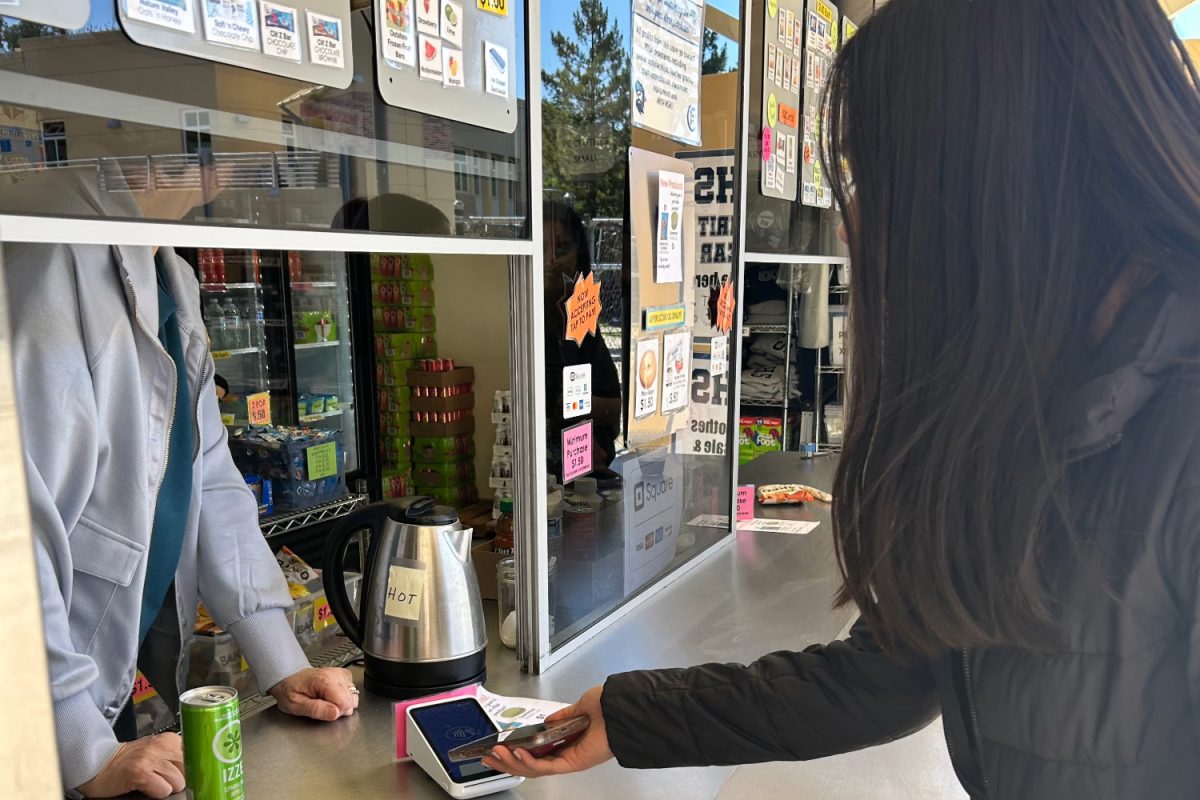As COVID-19 forces distance learning to continue, clubs are trying to find ways to adapt to the new circumstances, including Carlmont Robotics.
While many clubs may find it easier to switch to online because they mostly involve discussions or individual work, Carlmont Robotics finds this change more difficult, as physical work is a large part of their workload. For instance, Dean Brettle, the robotics mentor, explained that the one thing that the club is incapable of doing is the fabrication of materials for building the robots.
For training sessions in the first semester, supervisors needed to find a way for them to practice their tactical portion skills.
“We have training kits that we’ve put together that we’re sending out to those students,” Brettle said.
According to the programming subteam leader, Lilly He, the programming team has had fewer difficulties transferring over to online training. She noted that a significant disadvantage of online learning is that trainees feel less inclined to ask for help from her.
“Last year, I went around and checked in on everyone continuously, but in distance learning, I feel that people don’t ask questions as much, and I feel that has to do with the Zoom format,” He said.
Kevin Bachelor, a junior on the programming team, agreed with He, saying that programming has had an easier time transitioning, considering they already did much of their work on computers but agreed that people feel less inclined to ask for help because of the differing meeting style.
“A lot of what’s been impacted is the ability to bond with people and make relationships with them. Without that, it’s a lot more difficult to ask questions,” Bachelor said.
In addition to affecting relationships, online training has affected the interaction between executives and club members. Mihai Tudor, a senior and president of the robotics club, detailed that he would be involved in meetings and available for help before online learning.
“This year, my role is quite a bit more behind the scenes as I talk to individual groups, be they subteam leads, project leads, or just the entire team, and make sure everyone’s on the same page about what’s happening and what needs to happen in the future,” Tudor said.
Despite these challenges, there have been some advantages to training and operating online. Brettle explained that, because competitions were unable to be held in the spring semester, robots created for last year’s game would be improved and used in the upcoming competitions instead. Because of this, Brettle explained that the club would be able to take more risks than they have in previous years, as they have more time to experiment with preexisting robots rather than having to build new robots.
Brettle said, “This year, because we know it’s the same game now, we have more time to work on robot improvements, and we can take a lot more risk.”

